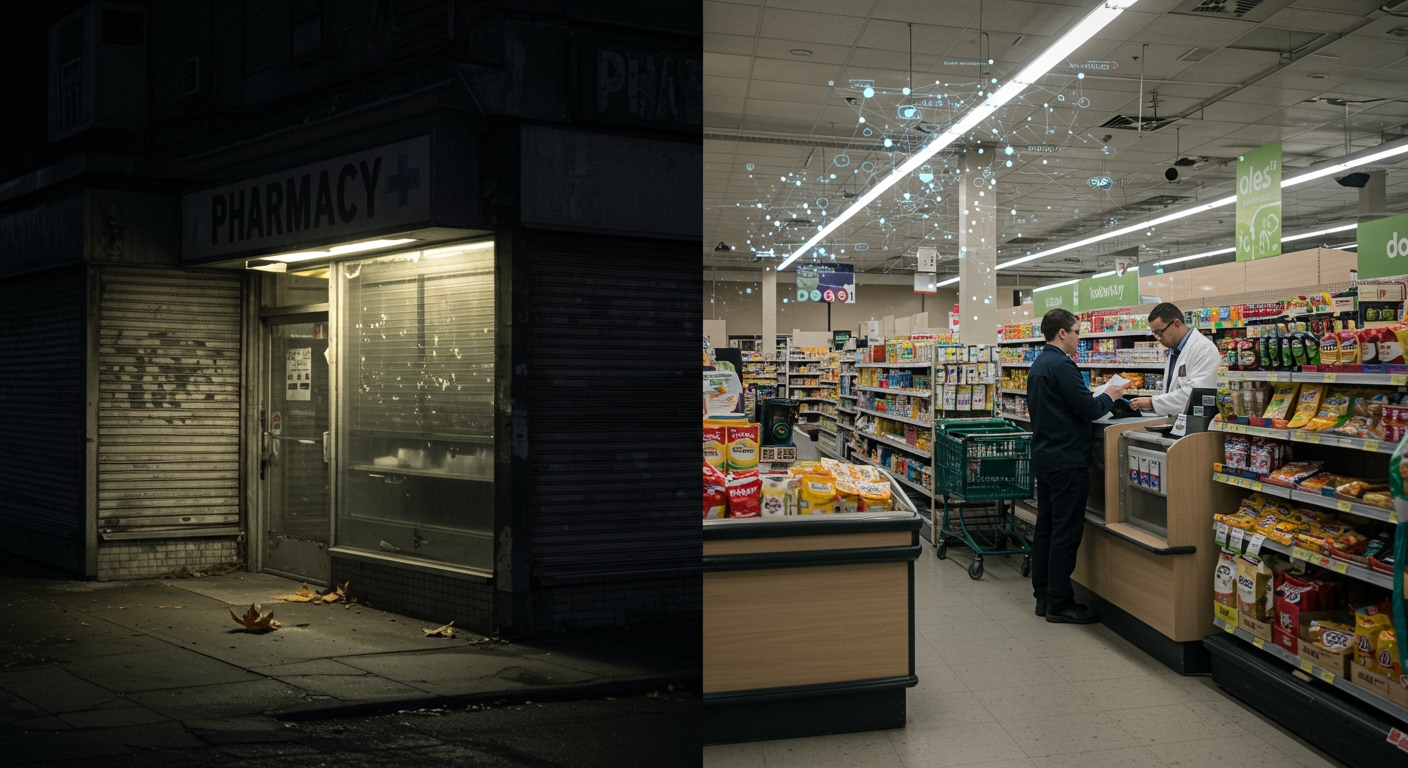CHICAGO – In a bold act of defiance against President Donald Trump’s plan to deploy federal officers, Chicago Mayor Brandon Johnson has signed a sweeping executive order designed to block local police cooperation with federal immigration enforcement and safeguard the city’s residents.
The “Protecting Chicago Initiative,” signed Saturday, explicitly bars the Chicago Police Department (CPD) from assisting federal authorities with civil immigration enforcement, including patrols, traffic stops, and checkpoints.
Mayor Johnson, a Democrat, stated unequivocally that the city “will not take orders from the federal government” and accused the Trump administration of acting “outside the bounds of the Constitution” and seeking federal presence in Democratic-run cities for political retribution.
“He is reckless and out of control,” Johnson declared at a press conference. “He’s the biggest threat to our democracy that we’ve experienced in the history of our country.”
Mayor Johnson’s Stance and Executive Order
The executive order also mandates that CPD officers refrain from wearing face coverings that conceal their identities, a practice often adopted by federal Immigration and Customs Enforcement (ICE) officers during operations.
Johnson directed all city departments to protect the constitutional rights of Chicago residents, citing credible reports of an imminent “militarized immigration or National Guard deployment by the federal government.” The mayor asserted that the city would pursue “all available legal and legislative avenues” to counter federal actions that violate the rights of the city and its residents.
This move builds upon Chicago’s established identity as a “sanctuary city,” with policies that generally prohibit city employees from cooperating with federal immigration enforcement.
Trump Administration’s Rationale and Criticism
The Trump administration’s planned surge into Chicago is reportedly part of a broader strategy to increase federal law enforcement presence in major Democratic-led cities, similar to operations conducted in Los Angeles.
President Trump has publicly criticized Chicago’s crime rates, specifically targeting Illinois Governor JB Pritzker. In a recent social media post, Trump characterized Pritzker as “weak and pathetic” and “CRAZY!!!” for stating he did not need federal assistance in preventing crime, warning, “He better straighten it out, FAST, or we’re coming!”
Sources familiar with the plans indicated that the federal surge into Chicago could begin as early as September 5 and last approximately 30 days. The Department of Homeland Security has also reportedly requested support from the Naval Station Great Lakes, located north of Chicago, for logistical assistance.
Governor Pritzker’s Opposition
Illinois Governor JB Pritzker has vociferously opposed the potential federal deployment. He has labeled the plan “unconstitutional,” “un-American,” and “a dangerous power grab,” vowing that the state “will not stand idly by” and that “action will be met with a response.”
Pritzker accused the Trump administration of attempting to “manufacture a crisis” and use the military for political gain, potentially to influence elections.
Broader Context and Implications
This confrontation highlights a recurring tension between the Trump administration and cities with progressive immigration policies. While the administration frames its actions as necessary for crime reduction and public safety, critics, including Mayor Johnson and Governor Pritzker, view it as federal overreach and an attempt to politicize law enforcement.
White House officials have reportedly dismissed Mayor Johnson’s executive order as a “publicity stunt.” However, the mayor’s administration insists it is a critical step to defend the city’s rights and autonomy.
The news from Chicago is part of a larger editorial debate concerning federal authority, immigration enforcement, and the protection of civil liberties in “sanctuary cities.” As the situation unfolds, Chicago stands as a focal point in this national discussion.
Conclusion
Mayor Johnson’s decisive executive order signals a firm resistance to federal intervention in Chicago’s immigration enforcement matters. With both city and state leaders aligning against the Trump administration’s plans, the standoff is set to continue, with the city preparing to explore all available legal and legislative avenues to counter what it perceives as federal overreach.















